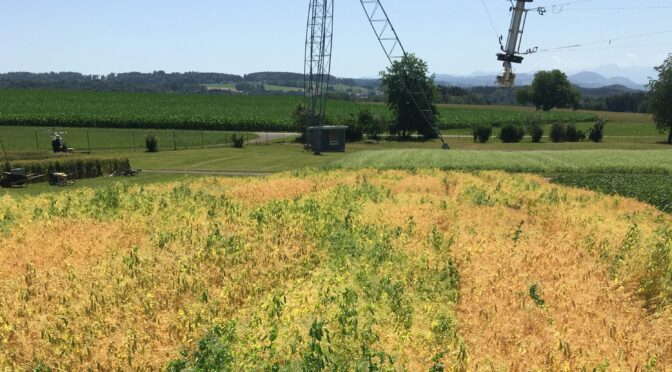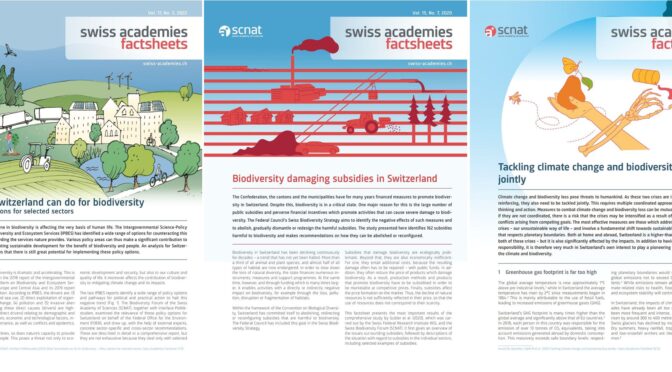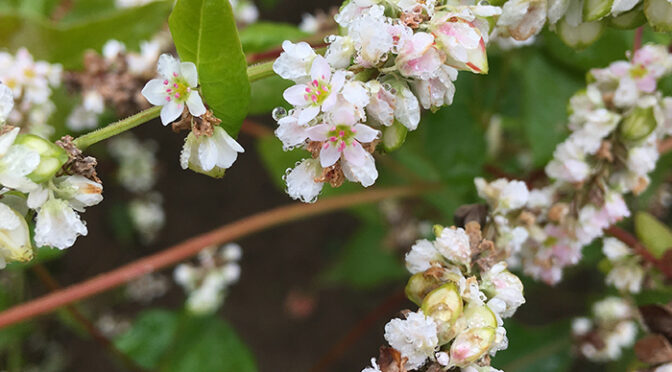By Beat Keller, Crop Science at ETH Zurich
The Swiss agriculture is traditionally focused on meat and dairy production. Yet, global warming requires agricultural practices to radically change: without decreasing livestock production, there is no sustainable solution for food production (about 85% of the Swiss agricultural emissions originate from livestock production). Fortunately, the Swiss population is consuming more and more plant-based proteins substituting animal products.
There is increasing demand for legume species such as soybean, faba bean and peas. However, adapted legume varieties for human consumption, local production and supply lines are largely missing. Only soybean has established supply chains and modern varieties thanks to the foreseeing breeding program of Agroscope which started decades ago.
Continue reading Plant-based proteins: The potential for Swiss agriculture








